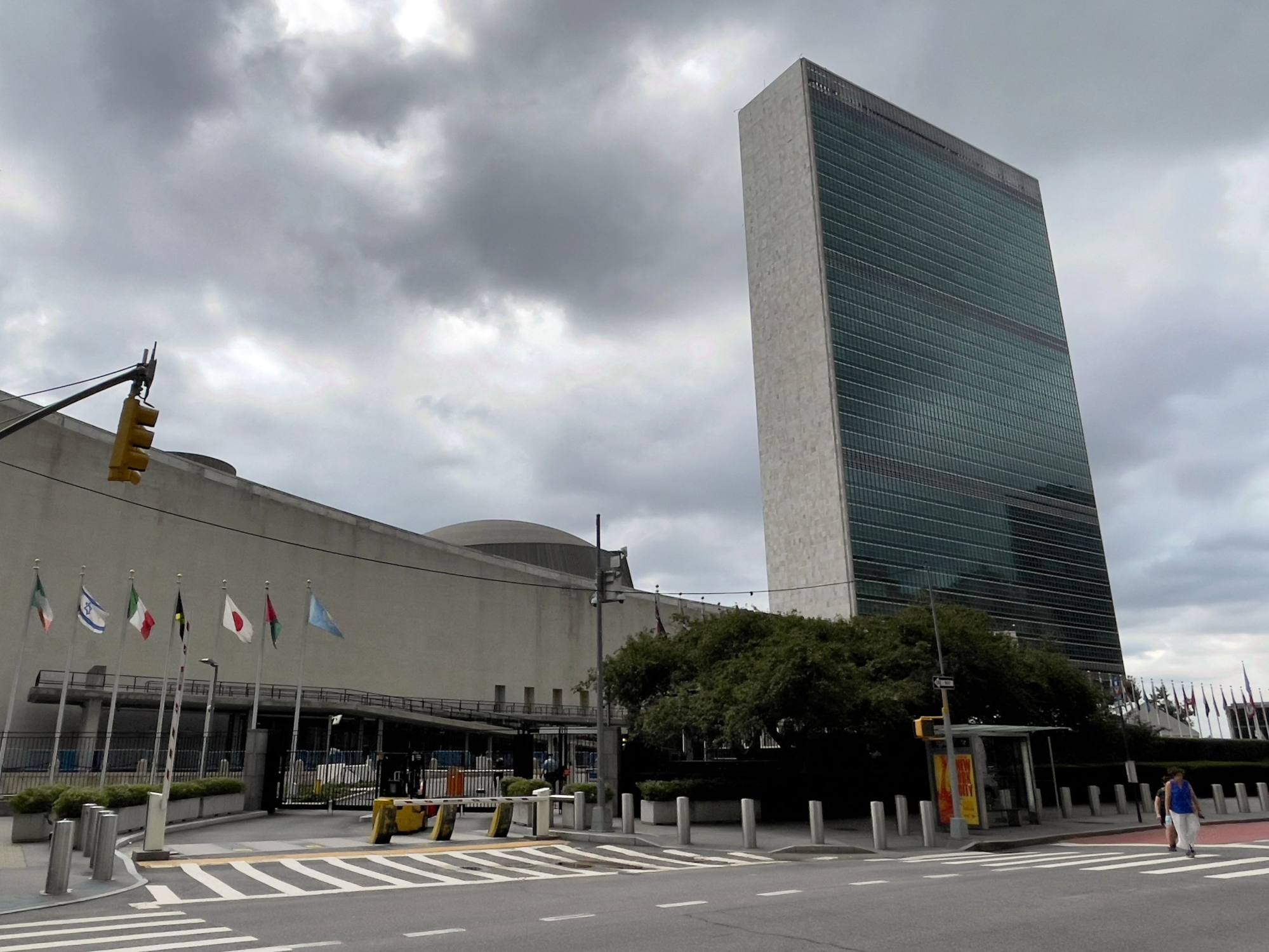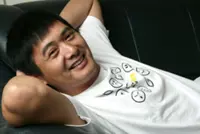A top Chinese diplomat used an informal UN Security Council session on Wednesday to slam US policy under President Donald Trump as Beijing tries to capitalise on growing negative global opinion toward Washington.
Many of the themes raised by Fu Cong, China’s ambassador to the UN, echoed long-standing talking points, including US “hegemonic interests” and the need for “win-win” diplomacy where “no one is superior”.
But compared with previous Chinese statements that did not mention the US by name, Fu dispensed with diplomatic niceties and called out Washington repeatedly – defending Beijing against Trump’s tumultuous tariff policy, and characterising its stance as a service to the global order.
Do you have questions about the biggest topics and trends from around the world? Get the answers with SCMP Knowledge, our new platform of curated content with explainers, FAQs, analyses and infographics brought to you by our award-winning team.
“In the face of the US abuse of tariffs ... China rose to the occasion and took decisive countermeasures, not only to safeguard its own legitimate rights and interests, but also to uphold the common interests of the international community,” Fu said, citing the “incessant chaos in the international landscape”.

“The world needs fairness and justice, not putting one’s own country first,” Fu added, a reference to Trump’s “America first” policies.
“Bullying the weak, threats and coercion, and imposing one’s will on others will not win popular support, and will ultimately backfire.”
Still, Fu, formerly Beijing’s ambassador to the European Union, offered an opening to Washington, provided it treated China with the respect due “a great country nurtured by 5000 years of Chinese civilisation”.
“If the US truly wants to resolve the issue through dialogue and consultation, it should adopt an attitude of equality, respect, and mutual benefits,” Fu said.
“Any form of maximum pressure, threat, or blackmail is not the right way to engage with China, and will not stop the firm strides of the Chinese nation to achieve its great rejuvenation.”
Fu chose a relatively obscure “Arria-formula” meeting to deliver his message, a session that acts as a “flexible and informal forum” for enhancing Security Council deliberations. The meetings are named after Diego Arria, a Venezuela ambassador who initiated the practice in 1992.
One subtext analysts identified in Fu’s speech was a desire to win the international community to Beijing’s side, to avoid diplomatic isolation in a tariff war with Washington.
When Trump imposed tariffs of up to 50 per cent on nearly all US trading partners on April 2, China was reportedly relieved other nations were in the same camp.
But most other countries saw their rates drop to 10 per cent a week later, while China’s were raised as high as 145 per cent, and Beijing suddenly went from one among many to a stand-alone.
Trump also threatened to raise tariffs again on any country that fostered transshipment of Chinese products across their borders.
This undercut Beijing’s bid to bring Vietnam, Malaysia and others to its side, exemplified by Chinese President Xi Jinping’s goodwill tour this month across Southeast Asia – as China’s neighbours realised there was a lot of downside by joining it in a united front.
“Xi tried to get them to take a half-step that would be a pan-Asian approach,” said Jeremy Chan, a former US diplomat posted in Shenyang now at the Eurasia Group. “Then China realised, ‘we have a lot less ability for persuasion’.”
Lizzi Lee, a fellow with the Asia Society Policy Institute, saw a three-part Chinese response to Trump’s pressure tactics: stabilise the domestic economy, pressure the US selectively and elicit support abroad, as seen with Fu’s outreach.
“China is working to counter diplomatic isolation and carve out space in an increasingly polarised global order,” she wrote in The Diplomat magazine, “by doubling down on regional diplomacy and offering itself as a more predictable, if not always less complex, partner.”
Meanwhile, the Trump administration has alienated US allies and partners with its confrontational tactics.
In an Ipsos poll of 29 countries released last week, 46 per cent of respondents expected the US to have a positive influence on global events in the future, down from 59 per cent six months earlier.
And for the first time in the poll’s 10-year history, people rated China more positively (49 per cent) than the US (46 per cent).
“Under the disguise of ‘reciprocity’ and ‘fairness’, the US is playing a zero-sum game,” Fu said. “The world needs solidarity and cooperation, not division and confrontation.”
More from South China Morning Post:
- As Donald Trump’s tariffs hit US allies hard, will China make inroads?
- China says Trump trade tactics will backfire, like ‘bargaining with a tiger for its skin’
- Trump says he may revise US tariff amounts for some trading partners including China
- China invites European countries to form united front against Trump tariffs
For the latest news from the South China Morning Post download our mobile app. Copyright 2025.





